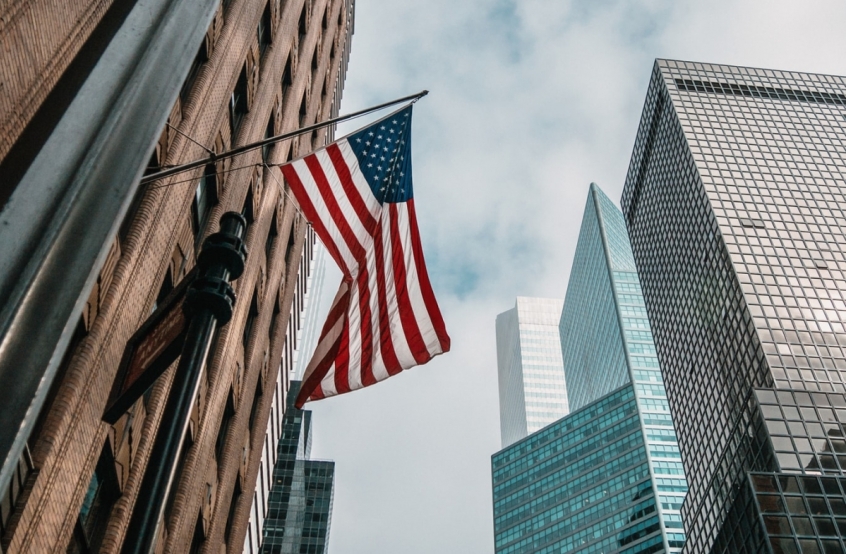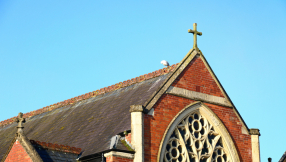
A new poll reveals that for the first time, most Americans do not consider themselves to be part of a church or other place of worship.
In 2020, less than half of US adults said they belonged to a church, synagogue or mosque, new research by Gallup reveals.
For the best part of the 20th century, US religious membership remained largely unchanged, standing at 73% in 1937 - the first year Gallup measured it - and staying near 70% through to the year 2000.
But the decline has been rapid since the turn of the millennium. By 2010, religious membership had fallen to 61% and by 2018 it had dropped even further to only 50%. In the following two years it fell yet again to just 47% in 2020.
At the same time as religious membership has declined, the US has seen a steady increase in the 'religious nones' - those without any religious preference - growing from 8% in 1998-2000, to 13% in 2008-2010 and 21% today.
Commenting on the findings, Gallup said there was a "nearly perfect alignment" between having no religious preference and not belonging to a place of worship.
"As would be expected, Americans without a religious preference are highly unlikely to belong to a church, synagogue or mosque," Gallup said.
The research also shows that church membership is "strongly correlated with age", with two thirds of traditionalists (U.S. adults born before 1946) belonging to a church, compared with 58% of baby boomers, 50% of Generation X and only 36% of millennials.
"The limited data Gallup has on church membership among the portion of Generation Z that has reached adulthood are so far showing church membership rates similar to those for millennials," Gallup said.
It went on to say: "The decline in church membership, then, appears largely tied to population change, with those in older generations who were likely to be church members being replaced in the U.S. adult population with people in younger generations who are less likely to belong.
"The change has become increasingly apparent in recent decades because millennials and Gen Z are further apart from traditionalists in their church membership rates (about 30 points lower) than baby boomers and Generation X are (eight and 16 points, respectively).
"Also, each year the younger generations are making up an increasingly larger part of the entire U.S. adult population."
But Gallup added that population change could not fully explain the decline church membership as older generations are also leaving places of worship, with the average church membership among traditionalists falling 11 percentage points in the last two decades.
Broken down by religious groups, the decline in membership has been steepest among Catholics, falling from 76% to 58% in the last two decades. The decline has been less stark among Protestants, down from 73% to 64% in the same time frame.
"The U.S. remains a religious nation, with more than seven in 10 affiliating with some type of organized religion. However, far fewer, now less than half, have a formal membership with a specific house of worship," Gallup said.
"While it is possible that part of the decline seen in 2020 was temporary and related to the coronavirus pandemic, continued decline in future decades seems inevitable, given the much lower levels of religiosity and church membership among younger versus older generations of adults.
"Churches are only as strong as their membership and are dependent on their members for financial support and service to keep operating. Because it is unlikely that people who do not have a religious preference will become church members, the challenge for church leaders is to encourage those who do affiliate with a specific faith to become formal, and active, church members.
"While precise numbers of church closures are elusive, a conservative estimate is that thousands of U.S. churches are closing each year."













